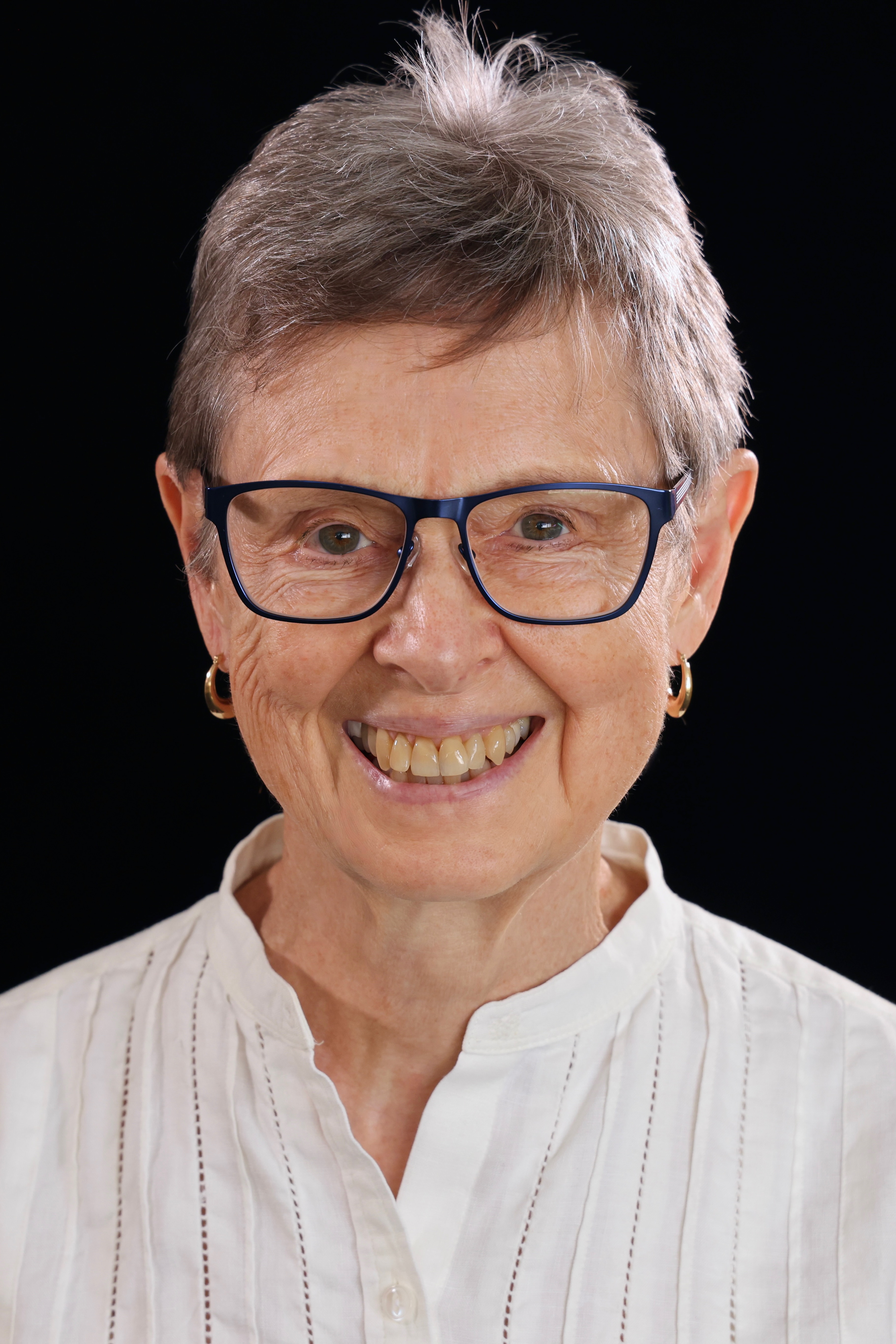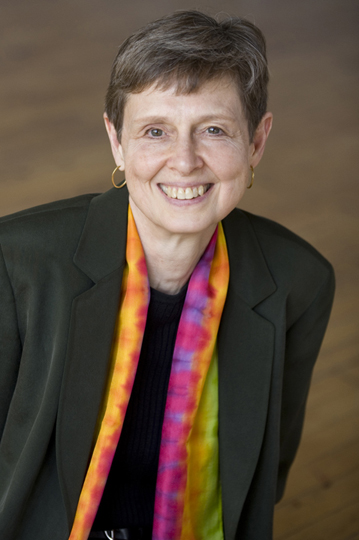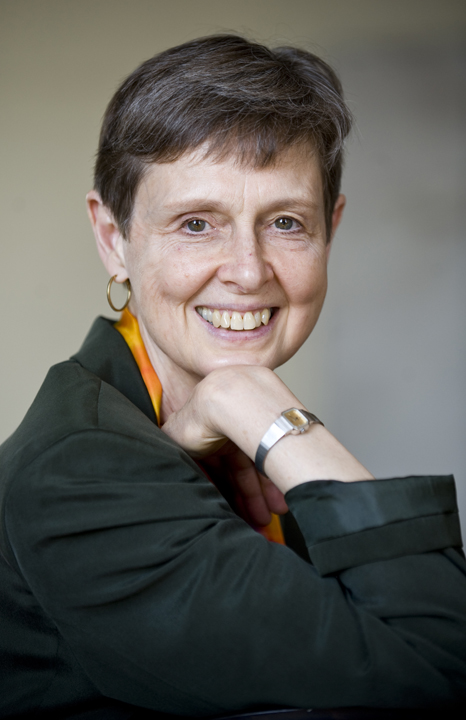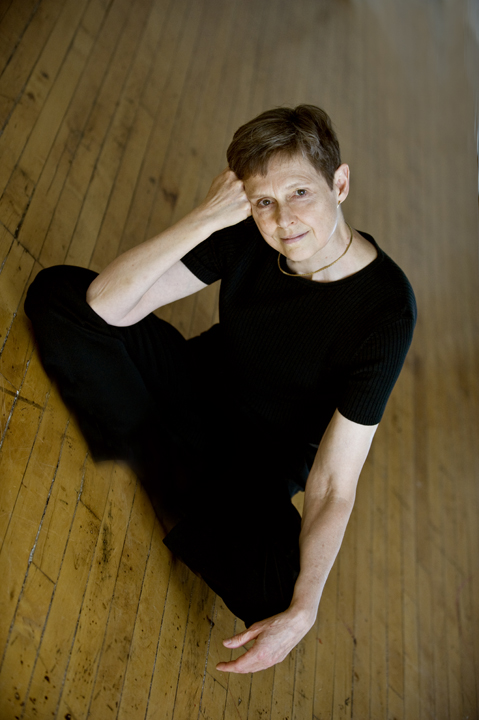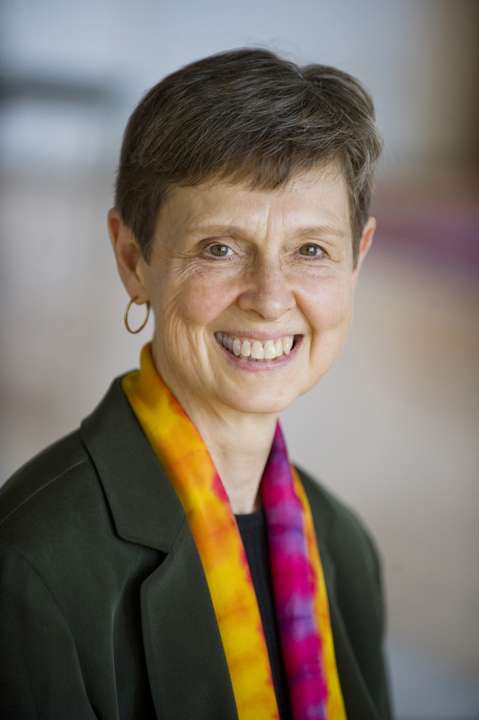Carol Barnett (b. 1949) writes audacious and engaging music. She is known for breaking the mold with meter changes, differing tonal centers, unusual instrument combinations, and her love of fast tempi. Despite these typical thumbprints, Barnett’s works are diverse, uncovering the needs of each piece and each text with her characteristic integrity. Carol’s varied catalog includes works for solo voice, piano, chorus, diverse chamber ensembles, orchestra, and wind ensemble.
The World Beloved: A Bluegrass Mass, commissioned in 2006 by VocalEssence and written with Marisha Chamberlain, had its Carnegie Hall debut in 2013 and has been reprised there multiple times, including most recently in 2024; the “Bluegrass Mass” has become a favorite across the country.
Recent works include the mischievous Imps and Gargoyles, a piece for saxophone quartet that premiered at the XIX World Saxophone Congress in Spain; Will’s Ladies, a lushly orchestrated Shakespeare cycle for mezzo-soprano and orchestra; A Monument to Adam, for bluegrass band and choir; Summer 2020 for organ and French horn, commissioned by the American Guild of Organists; and When All Falls Silent, which received a Special Commendation in the King’s Singers Competition.
Barnett is a charter member of the American Composers Forum and a graduate of the University of Minnesota, where she studied composition with Dominick Argento and Paul Fetler. She was composer-in-residence with the Dale Warland Singers from 1992 to 2001, and a member of the adjunct faculty at Augsburg College from 2000 to 2015.
Click here to view my resume.
Contact me at:

My music has its roots in the Western classical tradition, supplemented by explorations of the Jewish liturgical tradition and the folk music of Greece, Italy, Russia, Southeastern Europe, and the Middle East. I often use preexisting material: folk melodies, literary influences and texts. I believe that music is a language based on nostalgia; remembered sounds which evoke other places, times and emotions.
I am most interested in communicating with my listeners by using musical language familiar to them, then adding something new: more complex harmonies, elements from a different musical tradition, or departures from the expected formal structure. I work rather slowly, striving for a balance of well-grounded formal structure with effortless flow from one event to the next. Since I am a performer as well as a composer, I understand the occasional need to write within the parameters of limited rehearsal time and modest technical accomplishment without "writing down" to the performers. While writing accessibly, I try to find something unusual to say, something unique, magic, that bypasses intellect and goes straight to the heart.
